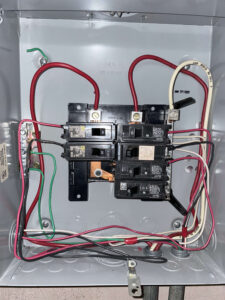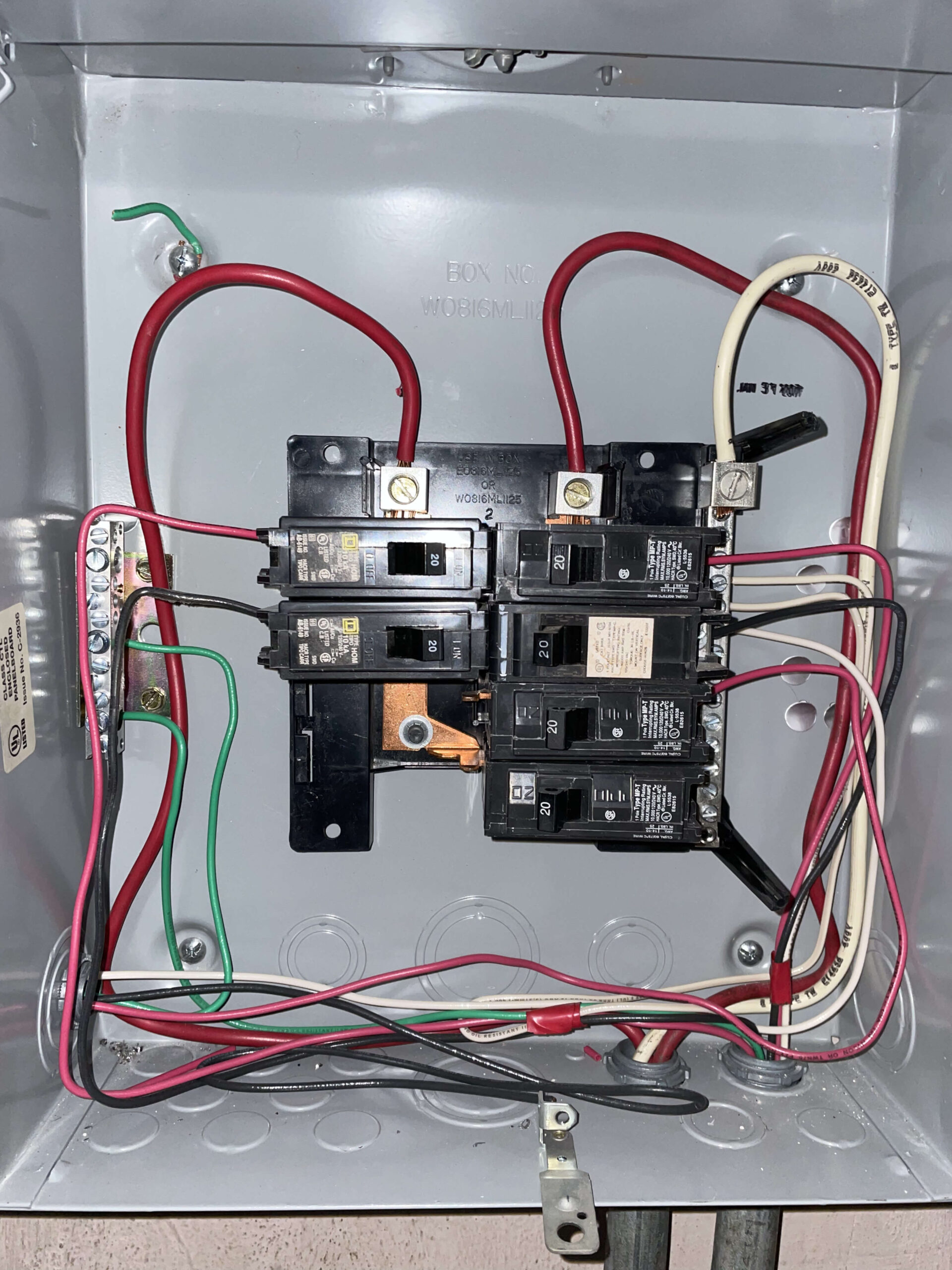 The electrical circuit in your home is a network of wires and outlets that all work together to provide power to various appliances. Electrical power in these circuits can come from either direct current (DC) or alternating current (AC). This current can cause power surges or dips when it flows through your gadgets. Protective devices like fuses and circuit breakers are used to make sure that the gadgets or electrical circuits they are installed in are safe to use. In this article, we’ll compare and contrast fuses with circuit breakers and discuss their respective benefits.
The electrical circuit in your home is a network of wires and outlets that all work together to provide power to various appliances. Electrical power in these circuits can come from either direct current (DC) or alternating current (AC). This current can cause power surges or dips when it flows through your gadgets. Protective devices like fuses and circuit breakers are used to make sure that the gadgets or electrical circuits they are installed in are safe to use. In this article, we’ll compare and contrast fuses with circuit breakers and discuss their respective benefits.
Fuses – What Are They?
A fuse is a type of electrical component that melts itself in the event of a power surge or overload, cutting off power to the circuit. Standard fuses are made from wire coil or filament enclosed in porcelain or metallic or glass containers. Given that a fuse is essentially a thin strip of metal or a thin metal wire that melts when an excessive amount of current flows through a circuit, fuses are sometimes referred to as sacrificial devices. Fuses should be replaced or rewired when they are blown, depending on the type.
Circuit Breakers – What Are They?
Circuit breakers are usually installed to prevent your home’s electrical circuit from being damaged by an overload or short circuit. This switch operates automatically and is only activated when the circuit is in danger.
Typically, circuit breakers have two distinct mechanisms for activation. The first uses an electromagnet, while the second employs a bi-metal strip.
When the switch is in the “on” position, electricity can flow freely between the lower and upper terminals. In the event that the current reaches dangerous levels, the magnetic force of the solenoid will be sufficient to move a metal shutter in the switch mechanism, thereby severing the electrical connection and cutting off power.
Fuses Vs. Circuit Breakers
Although fuses and circuit breakers help protect your home’s electrical circuits from damage, here are some distinct differences between both electrical components:
- Working Principle: When a fuse blows, it does so because of the high temperatures generated by the underlying conducting materials. Circuit breakers, on the other hand, make use of the electromagnetism switching principle in addition to the thermal properties of the electric current.
- Reaction Speed: When compared to circuit breakers, fuses have a significant advantage due to the speed with which the metal fuse melts, which interrupts the flow of electricity.
- Conducting Material: Fuses are pieces of wire that melt in the event of an electrical short or other malfunction and are typically made of either copper, tin, aluminum, lead, or silver. However, circuit breakers use microprocessors or relays to detect malfunction and trip the device.
- Reusability: Fuses are used just once and need to be replaced afterward in order to keep working. A circuit breaker, on the other hand, only requires a reset when it trips.
- Use-Case Scenario: In general, fuses are only installed in low-current-drawing electronic devices and in homes with minimal electrical demands. In contrast, circuit breakers rely on motors and other heavy machinery, which consumes a lot of electricity.
It is important to note that circuit breakers are increasingly becoming more popular than fuses for use in modern homes due to one simple fact – reusability.





